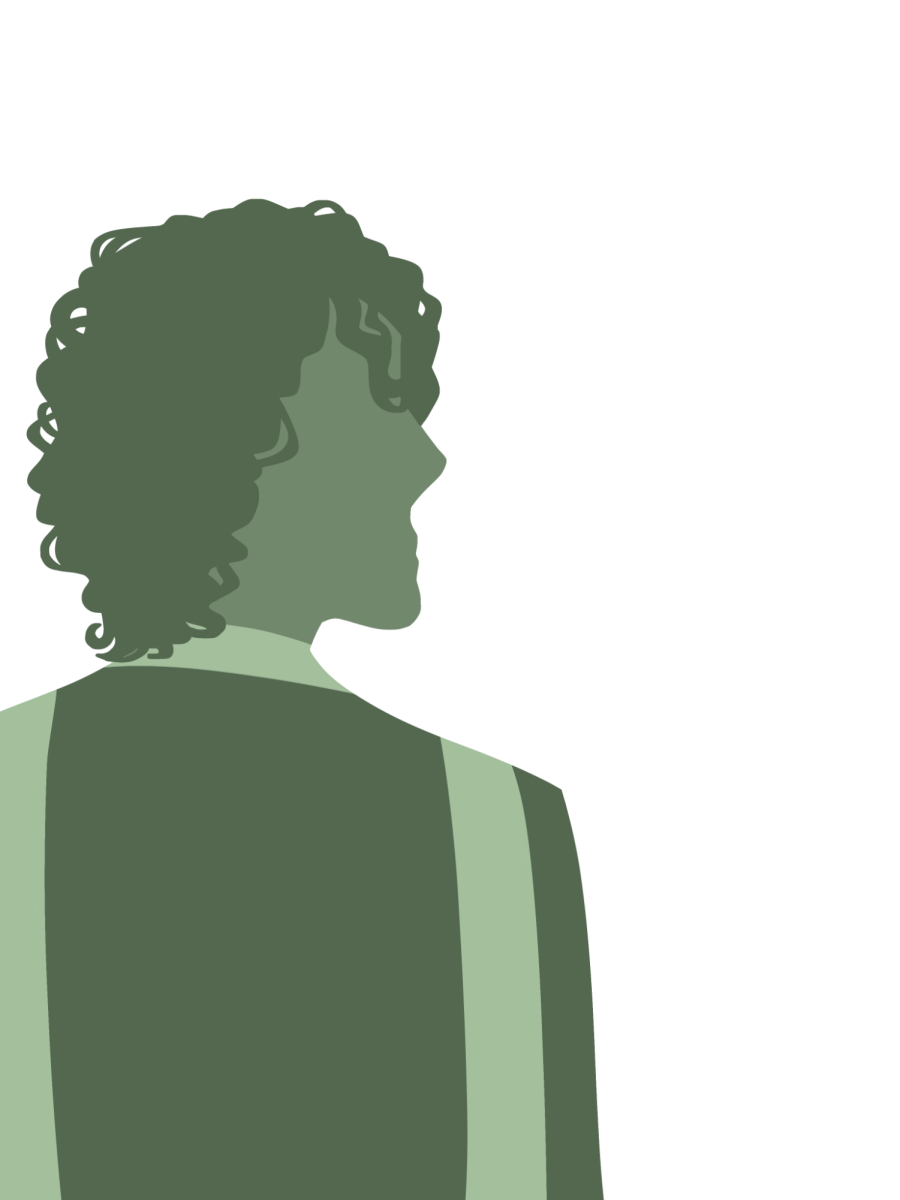Everyone has a name that means something. Maybe you’re named after a great soul, maybe a namesake as personal as a grandparent or as distinct as a famous poet. Maybe your name has a literal translation in some other language. These are all very respectable naming conventions, really. But it never fails to amuse me to have to explain why my middle name is Butt.
You heard it here folks: Faizan Butt Kashmiri is my full, honest, name. Faizan translates from the Arabic word for charity, a Muslim name. Butt and Kashmiri are ethnic names, descending from Kashmiris who had migrated to Punjab. But people don’t usually make fun of my middle name. They give me new nicknames: Apu, Osama, or any other purposefully racialized name.
It was clear from my name alone that my experience in the United States, from birth to today, was certainly going to be an unorthodox one.
My parents both come from vastly different backgrounds. While both of them were born in Pakistan, my mother moved to the United States as a baby, while my dad bounced around Pakistan and Saudi Arabia until he was 18. They met through a mutual connection, and the rest is history. In 2007, I was born in Chicago.
When I was still small and still had the ability to be picked up, he grabbed me by the waist and lifted me up. He’d always say a prayer when he did this: the Basmala. He’d repeat the same Arabic phrase over and over again; Bismillahir Rahmanir Raheem, or “in the name of God, Most Gracious, Most Merciful.”
Though I grew up in a setting where Muslim cultural elements were accepted and celebrated, nothing about me outwardly presented itself as explicitly ‘Muslim.’
Individual racism — at least, any noticeable incidents — was non-existent. Until 2016.
The presidential election then was surprisingly in the back of my mind. Everyone said Hillary Clinton would win, we’d have our first female president, and this Donald Trump guy was just some rich person trying to do a stunt. So, election night came, mom tucked me and my brother into bed, and the night ended with that expectation.
That didn’t happen. The following morning was dead quiet. Everyone was in a state of shock. And, almost overnight, my religion became a political issue. Worse yet, people were increasingly convinced that Muslims in this country were a secretive fifth column, here to destroy Western civilization. Trump declared that he wanted an immediate halt of all Muslim immigration to the United States.
Now, my parents didn’t particularly push me in any direction or force faith upon me. I borrowed an English version of the Quran to read it by myself. At the same time, I bought an annotated Bible, which I studied in tandem to see the similarities and differences between the two. For me, faith was, and still is, a matter of study. But when my mom tried to sign me up for the Islamic Sunday school, she pulled me out after a month, realizing how miserable I looked in the class. This was one of my first real struggles grappling between my Muslim identity and my American identity.
It remains to this day that I’m not a very religious Muslim, nor is Muslim an identifying factor for me. I’m Faizan Kashmiri.
So it was shocking going to school the next day and being told by a boy that Trump would deport me … somewhere. He didn’t specify where; probably Agrabah; but it didn’t matter. The point was still the same: Life, at least for a while, wouldn’t quite be the same.
The next four years dragged on with similar experiences, sporadic, but always memorable. Nobody ever beat me up, nor was I ever targeted in some heinous hate crime. But people would always make comments about me from there on out.
The community of Piedmont, a small, formerly all-White city at the western edge of Oakland, was a breeding ground for this type of passive racism. A school assembly proudly would declare that they took the No Place for Hate pledge. Yet…
A week after that assembly, another kid would ask me my opinion on the Islamic State. Another person “congratulated” me on 9/11. You can’t avoid politics when everyone has collectively decided you are an issue that needs a solution, whether it be deportation or self-segregation. There’s a reason I generally referred to myself as Indian up until recently: less negative connotations. Images of the Taj Mahal, elephants, big Bollywood weddings.
Pakistan, though? The images you see of Pakistan are the same images you see on the news after a report of a recent bombing, coup, or other major political strife.
I call myself Pakistani now to prove a point. To the people who would otherwise hold negative views of Pakistanis, me calling myself one breaks through the dichotomy of terrorism and violence. It forces them to reckon with their views, even if unconsciously.
My experience isn’t a special one, at least in this regard. Across the nation, almost every Muslim teen has a story to tell about racism, Islamophobia, or any other hateful experience. Non-Muslims get pulled into this: Sikhs, commonly mistaken for Muslims due to the turban they wear, face discrimination out of guilt by association.
But it is an experience worth highlighting, especially right now. As we face an uphill battle with hate, the poison that it is, it’s more important than ever to reaffirm that Muslims are not a monolith. There is no singular “Muslim experience.” In the face of discrimination, now is the time to reject hatred and sectarianism in our community. Standing together against all violence and hate is what will make us stronger.
